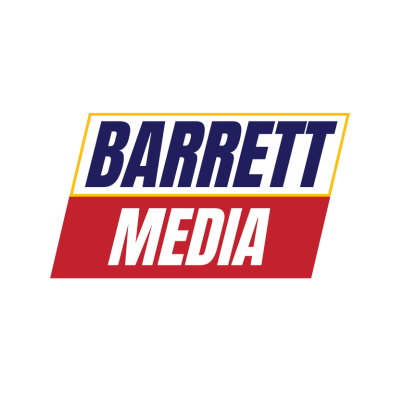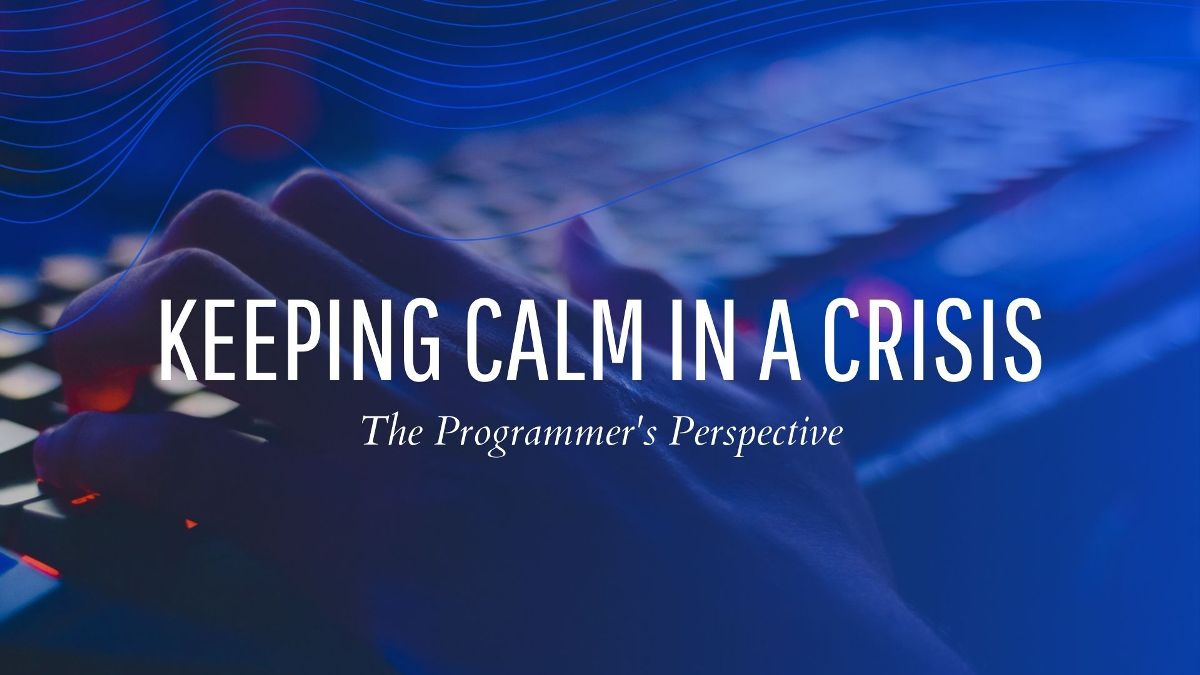When I was managing KIRO Radio in Seattle, I had a very funny routine with our afternoon news anchor, Heather Bosch.
Heather is a pro’s pro who was in her second stint at KIRO after spending 5 years in New York at CBS News. She knows her craft and knows it well.
Anyway, the routine would happen during a breaking news situation. I would be in my office, get word of a story, and then sprint to the newsroom to alert the team. Usually before I could even make it to the editor’s desk, Heather would wave me off.
“We’re on it, chief,” she would say (usually while feverishly typing).
I would then give her a thumbs up before retreating into my office.

What I learned from Heather and the great news team at KIRO was- less is more when it comes to management in situations like this. At times, this was a tough pill for me to swallow. Ask anyone that’s worked with me and they’ll tell you that I’m very hands on. When breaking news happens, I like writing stories, editing audio, doing interviews, posting on social media, etc. I like being “in the trenches” with the team.
However, doing that often only causes disruption. Step one in “keeping calm in a crisis” is KEEPING CALM. If the PD is running around with their hair on fire, they’re doing their entire staff a disservice. Odds are, they will follow their lead for better or worse. If you’ve done your job as a PD or News Director, you’ve hired a staff of talented, anchors, editors, producers, hosts, reporters, and digital specialists. You’ve established procedures for how to handle breaking news from step “A” to step “Z”. Let your people do their jobs and be thinking of ways to support their efforts strategically, not tactically.
Over the past year, I’ve gotten to know Ken Charles, who currently serves as the Program Director of All-News KNX-AM in Los Angeles. Ken and I have had the chance to discuss and exchange ideas on radio, news and the media and I’ve found him to be one of the more insightful programming minds in the format. I wanted to get his perspective for the finale of my three-part series for BNM.

RM- What are the best things a PD of an all-news or news-talk station can do in a breaking news situation?
KC- Big breaking stories are an evolution. Often you really don’t know what you have, especially in a social media world, until you get eyes on the incident. So, advice number one is – trust your people and stay out of their way. Your reporters are on the scene and can see things you cannot back at the station. Your editors/producers are in contact with your reporters and also making calls, scanning social media etc. to find out exactly what is going on. Let them do it, let them work the story. As a manager my role is to let them be in the now while I am looking a few hours or even a few days ahead to make sure we are properly staffed, we don’t burn out our team and we can maintain our coverage for hours, days or even longer. I have seen too many situations where a station didn’t look ahead and got caught out of position and without proper coverage as the story continued beyond the first few hours. Think of the PD role as the Head Coach, the ND’s role is the offensive coordinator and the anchors, reporters are your players on the field. Lastly, most of the preparation for breaking news occurred the last 87 times you covered breaking news. While every story is different with unique components you learn something new every time and that makes your coverage a little better the next time. We have an amazing team of professionals who have covered way too many earthquakes, wildfires, “trials of the century” police situations, protests, school shootings, terror incidents etc. etc. etc. All of those events have prepared us for the last 8 months and through the 2020 election and into the next big breaking story.
I remember covering a hurricane that was racing up the East Coast. While my reporter was on the beach in North Carolina as the storm roared overhead, the competition had their reporter stuck in Charleston hundreds of miles from the actual story. My reporter was feeding live shot and you could hear the wind while the other guys were reporting it was 86 and sunny. Being prepared, learning from previous events, and allowing our team to report the now while my role was looking ahead allowed us to completely own the story.
RM- What do you convey to your hosts, producers, editors, reporters, and hosts in situations like that?
KC- Be factual, get the information on quickly but also remember a little empathy is important. Stories affect real people, and those real people are our neighbors, friends and in some cases coworkers.
RM- Can you recall 1-2 anecdotal examples of how your station handled a breaking news story or crisis? What did you do?
KC- Over the last few months, in addition to COVID we’ve had protests in the streets, the 2020 election, the President getting COVID, wildfires and on and on and on and on..what haven’t we done? I have an incredible staff of talented professionals, I have a news director who is great partner in making sure we execute the plan and don’t miss a thing, we have 2 dedicated women keeping our digital and social presence moving at the same speed as the on air product and together they all make sure we cover the story, hopefully make an impact on people’s lives and help either get them through the story and keep them informed throughout the story. What do I do? Trust them and stay out of the way.
RM- What are the best traits a young pro looking to get in this field should have that would best prepare them for a crisis?
KC- Being fearless and inquisitive and remembering that the story is not happening at the command center, it is happening in a neighborhood, building or sadly a school. Go where the story is not where the PIOs tell you to go. Talk to real people, not just officials. Officials aren’t the story, people are.
RM- 2020 has been (to say the least) a unique year for the news media. How do you keep your team balanced amongst the chaos?
KC- It has just been crazy. For the team still in the building the goal is to try to be as normal as possible despite masks, plexiglass and gallons of hand sanitizer and remember to laugh and try to still have some fun. For the team who is not coming into the building it is to keep constant communication, make sure they have the things they need to do their jobs and for every one constantly remember that safety is the most important thing.








